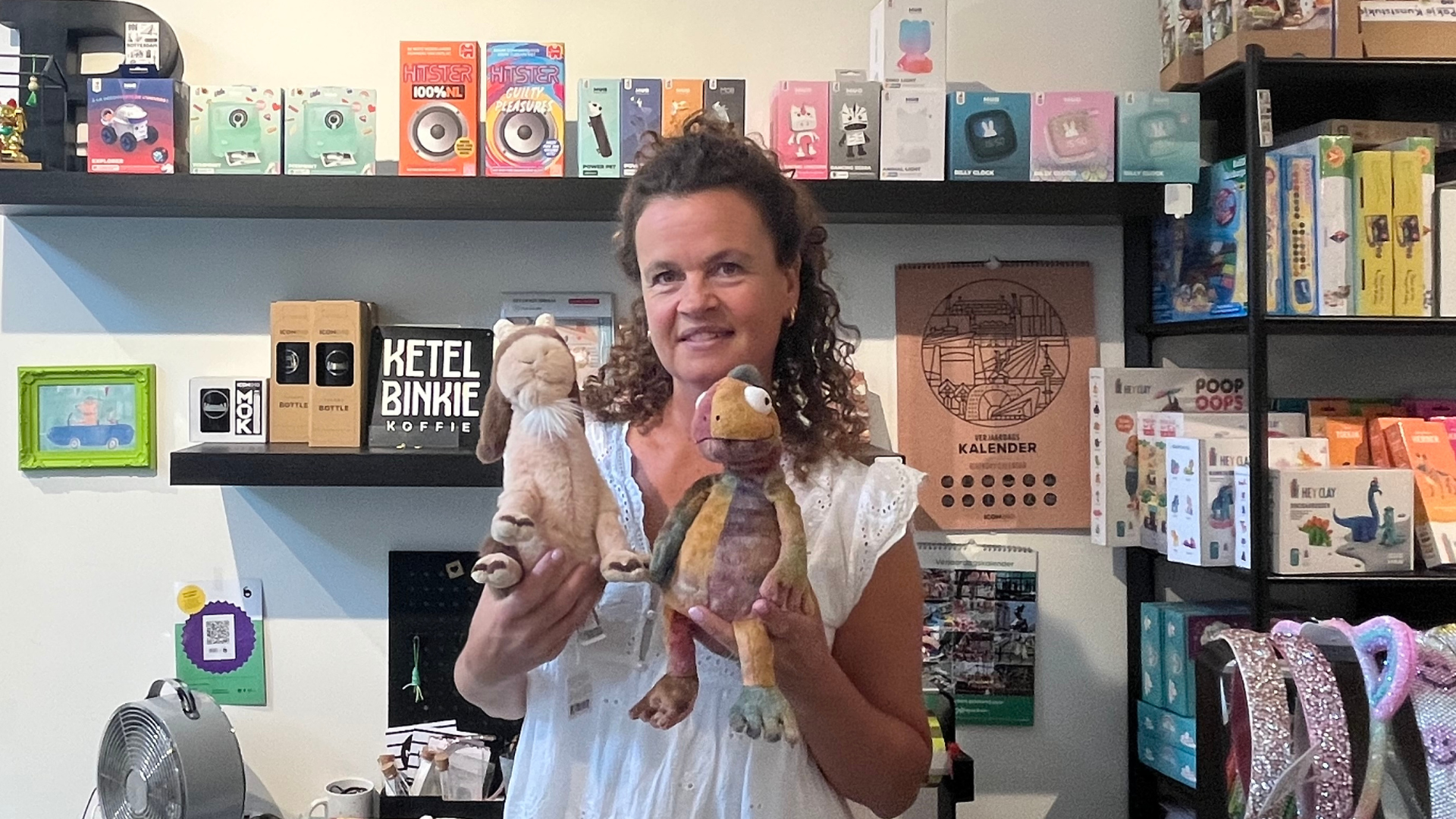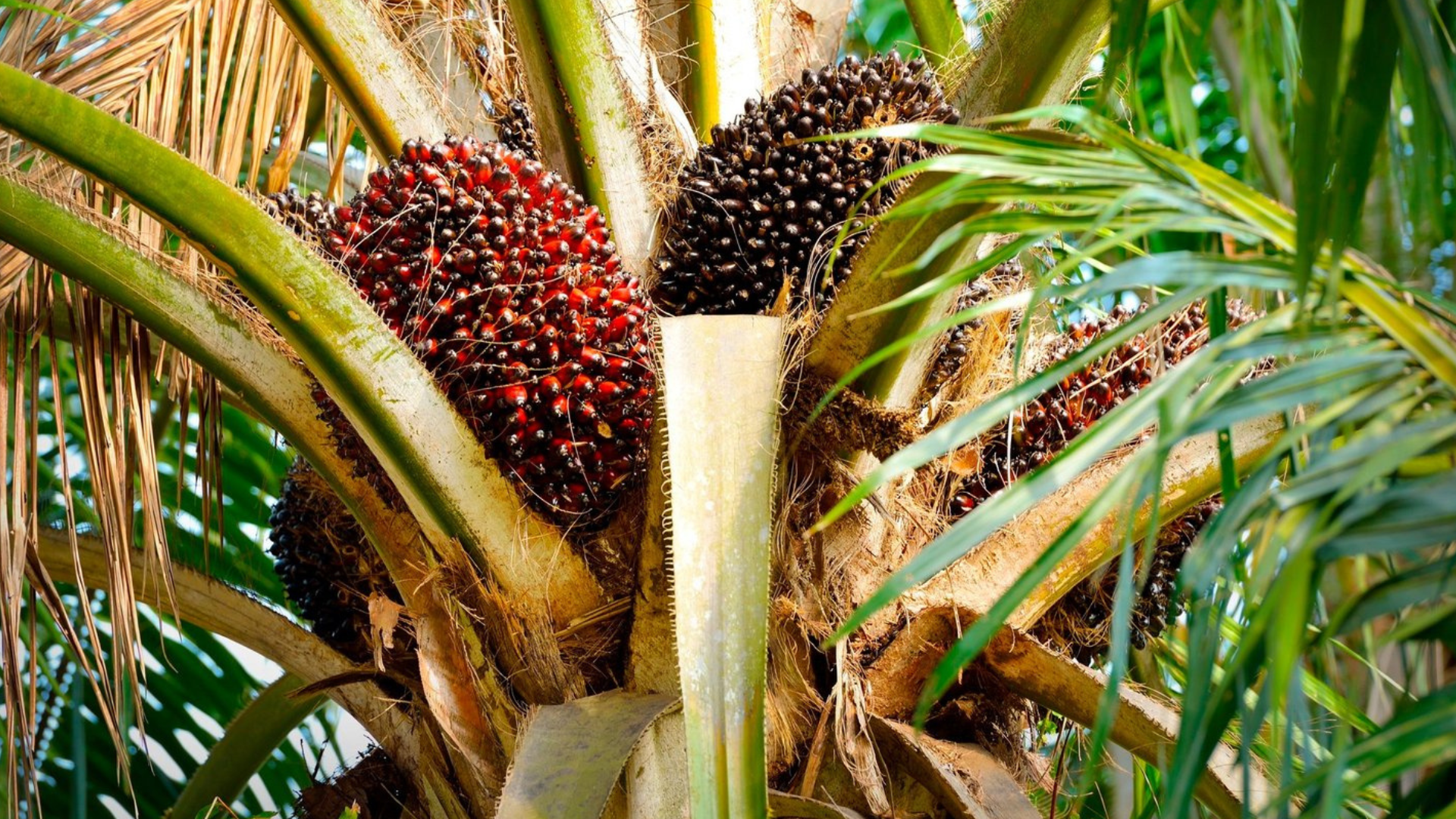In our latest post, we covered some of the countless benefits of starting your own vegetable garden. We saw that it will not only provide you with many delicious fruits and vegetables, but it will also boost your mental and physical health considerably. “But how do I start my own vegetable garden?, What fruits and vegetables should I plant when?, Is it possible to start one if I live in the city?”, I hear you thinking. All I can say is, keep on reading.
Use these 8 steps to guide you in starting your own vegetable garden, and don’t forget to enjoy the process.
1. Choose a good location.
2. Start small.
3. Grow what you love to eat.
4. Decide what garden you will grow.
5. Use high quality seeds.
6. A rich soil is essential.
7. Prepare for pests and diseases.
8. Harvest and preserve.
Choose a good location.
There are two vital requirements when it comes to growing food, which are sun and water. Just like humans, vegetables are most happy when they’re in the sun and when they have easy access to water.
A lot of sunlight
The sun is needed to kick-start the process of photosynthesis, which will provide your garden with the necessary energy to grow at its best. Sun-loving vegetables need at least 6-8 hours of direct sunlight a day to grow, which means zero shade. Although most vegetables need plenty of sunlight to produce at optimal levels, there are others that are more tolerant to grow in the shade. Bearing in mind that no vegetable can thrive in deep, dense shade without seeing any sunlight.
Easy water access
Convenient water access is the second key-component for a healthy growing process. Just like the sun, water will play a big role in the photosynthesis, and is responsible for the transport of minerals and nutrients from the soil into the plant. However, there is a whole thought method behind ‘when and where to water your plants’, so be careful and study before starting. Beginner gardeners often make the mistake of drowning their vegetables, so it’s important to have an understanding of the use of water.
Start small !
For all the beginner gardeners out there, start small. A big garden can consume a lot of your time and energy, so it’s better to start a small vegetable garden. When the resistance is small, it is a lot easier to carry out the task and create a habit out of it. When it comes to gardening, learn the basics first, study up on the subject, and enjoy the process of planting your first couple vegetables. This will not only prevent you from feeling overwhelmed, but also from spending tons of money and time on this new hobby.
Select up to five different vegetables, plant a couple of each type, and learn the trade slowly but surely. This way it will be easy to keep up with the work, you’ll get plenty of food, and you can do it from anywhere. The easiest way is to use containers to grow your vegetables, or use a small patch in your yard of 1x1 meters.
Grow what you love to eat.
Think about the vegetables and fruits that you love to eat, and you’ll know what your garden will look like. Other than the taste, there are a few other factors to keep in mind when deciding what you’ll grow in your vegetable garden.
- Be realistic about the amount of food you and your family will eat. Of course you can always give away any vegetables that are left over, but the more you plant, the more it’ll consume your time. Many beginners will make the mistake of planting too much.
- Find out which plants grow best in your area. Choose for easy vegetables that are also productive. Have a look at this list to get an idea of which ones are the easiest to start with.
- Obviously, fruits and vegetables will taste better when you grow them seasonally. So make it easy for yourself, and check out a guide like this one to plant your food at the right time.
Decide what garden you will grow.
There are a few different kinds of gardens where you can choose from, with each of them their own benefits. Here, we list 2 popular types to choose from.
- In-ground gardens are the ones most known to us and just like the name, the garden speaks very much for itself. You basically make a hole in the ground, dig up any rocks and weeds, and grow plants directly in the ground. The benefits of these kinds of gardens is that it’s usually cheap and doesn’t require much building materials. The downside is that it can take up a lot of effort, and if the soil doesn’t cooperate, it ca n be a waste of time. Any advice on how to start an in-ground vegetable garden you can find here.
- Container gardens are a perfect way to start your own vegetable garden from anywhere. With more and more people living in apartments in the city, growing plants in containers has become increasingly popular. One of the main benefits is that you have a lot of control over the growing conditions. Containers are mobile, which means that you can put them in and out of the sun, and water them when necessary. Now there’s no more excuse of not having a plot, cause you can just grab a pot. For all the steps of this process, check out this article.
- Raised garden beds are a great option for when your natural soil hasn’t been that well amended yet. They are basically garden beds that are built up instead of down, into a position that solves all manner of gardening challenges. Your back will thank you, it’ll avoid animals eating your vegetables and it’ll improve your drainage, to name a few of the benefits. More on how to build a raised garden bed yourself, you can find here.
Use high quality seeds.
Growing your vegetables from seed has several advantages over buying them from your local garden centre. Not only can it be a lot cheaper, but you can also control the whole process, which is of importance if you wanna do it all organic. When choosing which seeds to buy, always go for the high quality ones. This will determine the plant quality and population, and thus the whole growth process. Buying seeds will also help you to avoid bringing home bugs and diseases that might be hidden somewhere on the plant you’d buy in the store.
A rich soil is essential.
Soil is the foundational medium for plant growth, supporting your vegetable plants by providing nutrients, air, moisture and warmth. You want your soil to be crumbly, dark and full of life, which will be the heart of your growth process. Healthy soil has a balance of soil particles, organic humus, water and good air circulation. Before you start using a plot, check out the soil pH to see if it’s a wise decision to pick out that specific place. No need to panic if the pH levels aren’t great, cause there are several ways to improve your soil, including adding organic matter like compost.
If you wanna know more about the importance of soil — not only for vegetable gardens but for the world in general — check out the movie Kiss the Ground. I promise you, it will change your whole view of the ground we walk on daily.
Prepare for pests and diseases.
Pests and diseases are very common in vegetable gardens. But no panic, you don’t necessarily have to turn to chemicals to battle these harmful garden bugs, there’s also a few natural ways to do that. Some problems do indeed require special solutions, but by following these guidelines, you’ll do a great job at preventing pests and diseases coming for your food.
- Keep animals out.
- Control your weeds.
- Water plants in the morning to avoid fungus.
- Start with good soil.
Harvest and preserve
Finally, it’s time to harvest. To gain the freshest flavours and the most nutrients, you’ll have to harvest the vegetables at their peak, just like we discussed in our last article. When gaining a big harvest, it’s important to preserve your vegetables so you can continue to enjoy the rewards of your labor later on. A popular method is freezing the vegetables, which is one of the easiest way.
We hope that after reading this post, your life as a home gardener is about to take off rapidly. You see, wherever you are, where there’s a will, there’s a way. Just remember, start small, grow what you love, and don’t forget to enjoy the process of it.
PS. If you live in the city, look if there are any community gardens around where you and other people can start growing together !
Happy growing !






.png)


